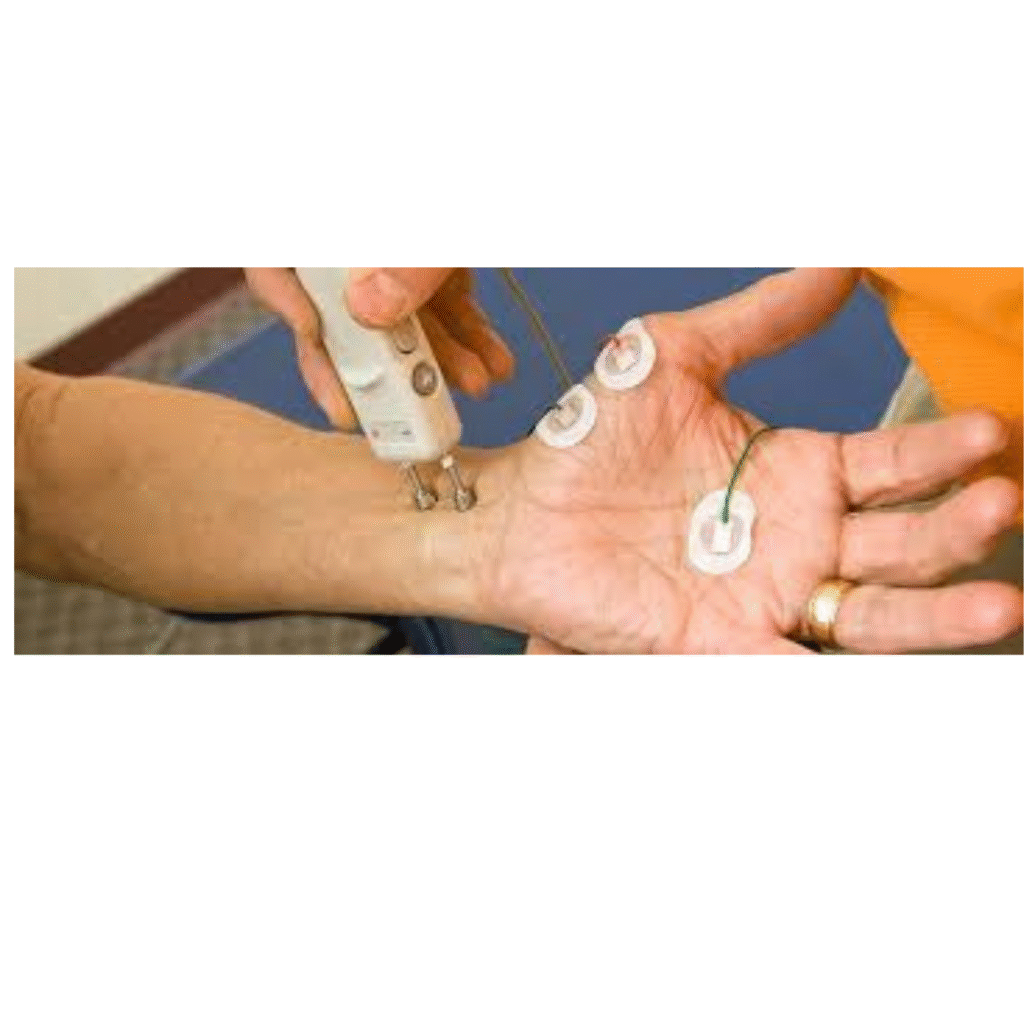NCV Blood Test: Complete Guide, Meaning, and Results Explained
In today’s world of advanced medical diagnostics, understanding your health starts with the right tests. One such crucial diagnostic procedure is the ncv blood test, often recommended to assess nerve and muscle function. Whether you’ve been advised by a doctor or you’re simply researching preventive health options, this test can offer significant insights into your body’s neurological health.
What Is the NCV Test?
The ncv blood test (Nerve Conduction Velocity test) is a diagnostic procedure designed to measure the speed and strength of electrical signals as they travel through your nerves. It helps doctors evaluate how well your nerves are functioning and identify potential nerve damage.
Unlike routine tests that only examine your blood chemistry, the ncv blood test focuses on the interaction between nerves and muscles, which makes it a critical component in diagnosing neuromuscular disorders.
Why Is the NCV Test Important?
The ncv blood test is essential for individuals experiencing symptoms like tingling, numbness, or unexplained muscle weakness. It helps doctors diagnose conditions such as:
- Peripheral neuropathy
- Carpal tunnel syndrome
- Guillain-Barré syndrome
- Sciatic nerve damage
- Diabetic neuropathy
blog
How the NCV Test Works
Step-by-Step Process
- Preparation: The area of your body where the nerves are being tested is cleaned to ensure accurate results.
- Electrode Placement: Small surface electrodes are attached to your skin over specific nerves.
- Electrical Stimulation: Mild electrical pulses are sent through the nerve to measure response times.
- Data Recording: The time taken for electrical signals to travel between electrodes is recorded and analyzed.
Preparation for the NCV Blood Test
- Avoid using lotions or creams on the test area before your appointment.
- Inform your healthcare provider about any medications you’re currently taking.
- Wear loose-fitting clothing to allow easy access to testing sites.
Interpreting the Results
Once the ncv test is completed, your results will be reviewed by a neurologist or specialist. The interpretation typically includes:
- Normal Results: Indicate healthy nerve function with optimal signal transmission.
- Abnormal Results: Suggest nerve damage, which could result from injury, disease, or underlying medical conditions.
Benefits of Taking the NCV Blood Test
- Non-invasive and painless
- Quick and efficient diagnosis
- Helps prevent long-term nerve damage
- Provides detailed insights into nerve health
- Can detect early signs of neuropathy
Through accurate results, the ncv test empowers both patients and doctors to make informed decisions regarding treatment and lifestyle adjustments.
Possible Risks and Side Effects
- Mild discomfort or tingling sensation during electrical stimulation
- Slight redness or tenderness where electrodes were placed
These effects usually subside within a few hours and require no medical intervention.
Who Should Get the NCV Blood Test?
- Numbness or burning sensations in your hands or feet
- Unexplained muscle weakness
- Loss of coordination or reflexes
- Pain that radiates along a nerve path
After the NCV Test: What to Expect
After completing the ncv test, you can resume your normal activities immediately. Your doctor will review the findings and discuss possible next steps, which may include physical therapy, medication, or further diagnostic testing.
Final Thoughts
Understanding your nerve health is crucial for maintaining overall wellness. The ncv blood test serves as a vital diagnostic tool, enabling early detection of neurological issues before they become severe. Whether you’re dealing with chronic numbness, tingling, or pain, this test can help uncover the root cause and guide you toward effective treatment.
Frequently Asked Questions (FAQs)
1. What does a nerve conduction test detect?
It helps detect damage or dysfunction in the nerves, often associated with conditions like neuropathy or nerve compression.
2. How long does the procedure take?
The test typically lasts between 30 and 60 minutes, depending on the number of nerves being tested.
3. Is the test painful?
You may feel mild electrical pulses during the procedure, but they are generally not painful and are well tolerated.
4. Do I need to fast before the test?
No, fasting is not required. You can eat and drink normally before your appointment.
5. Can I take my regular medications before the test?
Yes, but always inform your healthcare provider about your current medications in case adjustments are needed.
6. Is there any downtime after the test?
No downtime is required. You can return to your usual daily activities immediately.
7. How soon will I get the results?
Results are usually available within 24 to 48 hours, depending on the testing facility.
8. Can this test diagnose muscle disorders?
While it mainly evaluates nerve health, it can indicate potential muscle-related issues when paired with electromyography.
9. Who performs this test?
The procedure is conducted by a trained neurologist or an experienced neurophysiology technician under medical supervision.
10. Is it safe for elderly patients?
Yes, it is completely safe for people of all ages, including seniors, as it uses minimal electrical stimulation.

